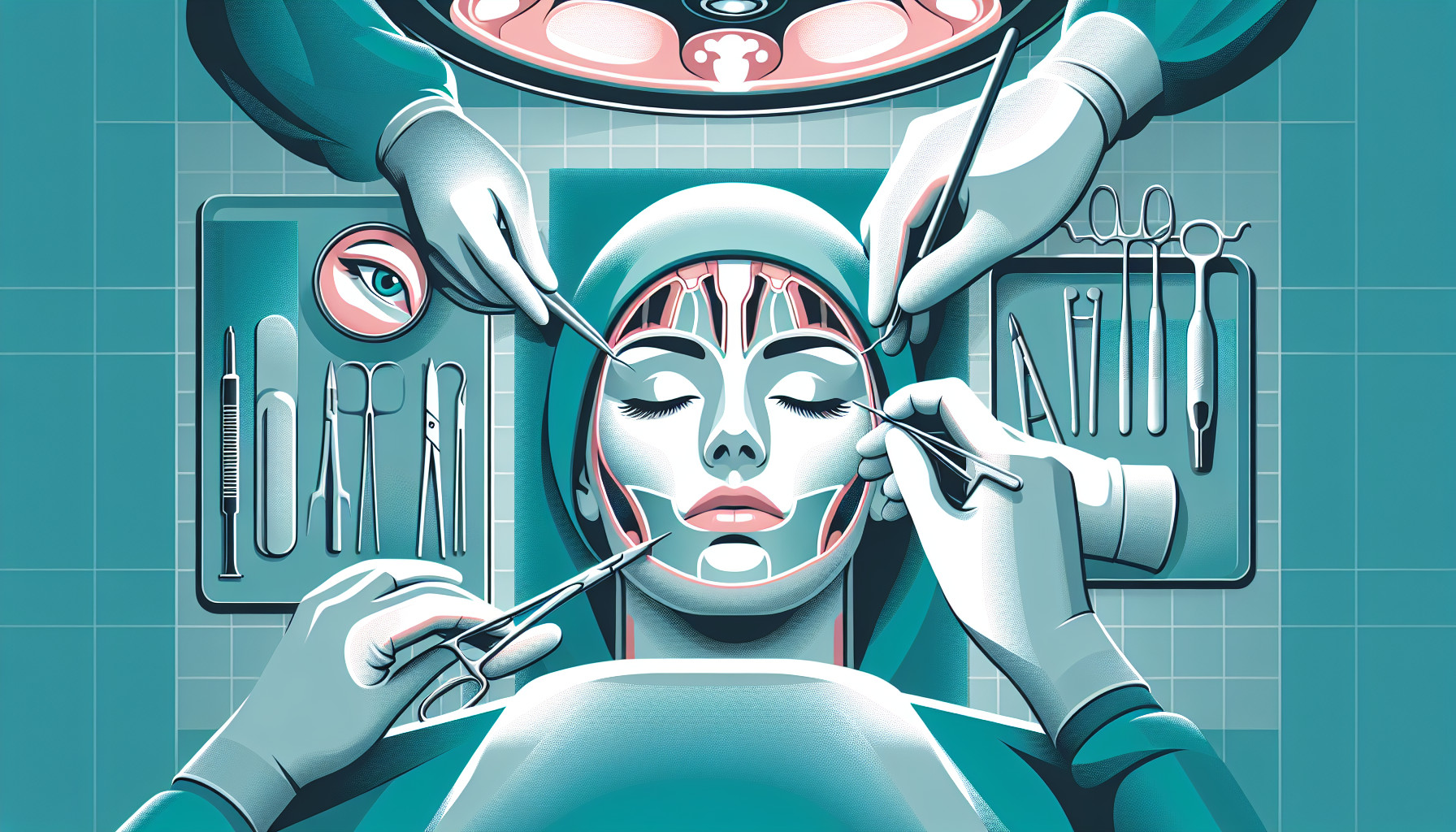Our Summary
This research paper is about the potential impact of orthognathic surgery on speech and voice. Orthognathic surgery is a procedure that corrects conditions of the jaw and face that can’t be easily treated with braces. This surgery can affect the way a person speaks or the sound of their voice because it changes the structure of the mouth and face.
The researchers looked at a lot of existing studies (1163 to be exact) to see if this type of surgery made a difference in how people spoke or sounded. They were particularly interested in adults who had facial and dental deformities that weren’t caused by a syndrome.
They found out that, for the most part, orthognathic surgery didn’t affect the way people produced vowel sounds. Before surgery, the main speech issues in these patients were distortions of certain sounds, specifically the “s” and “z” sounds.
However, the researchers caution that their conclusions aren’t definitive. There are many factors that can affect the results, so they recommend further studies to confirm their findings.
FAQs
- What is orthognathic surgery and how can it impact speech and voice?
- What were the main findings of the research on the impact of orthognathic surgery on speech?
- Did the researchers find any specific speech issues in patients before undergoing orthognathic surgery?
Doctor’s Tip
One tip that a doctor might give a patient considering orthognathic surgery is to be prepared for potential changes in speech and voice. It’s important to discuss any concerns with your surgeon and speech therapist beforehand, and to follow any post-operative speech therapy recommendations to help adjust to any changes.
Suitable For
Patients who are typically recommended for orthognathic surgery are those with facial and dental deformities that cannot be easily corrected with braces alone. These deformities can include issues such as a misaligned jaw, protruding or recessed chin, overbite, underbite, or open bite. Patients may also have difficulty with chewing, breathing, or speaking due to their jaw and facial structure.
In this particular research paper, the focus was on adults with facial and dental deformities that were not caused by a syndrome. These patients often experience speech issues such as distortions of certain sounds, particularly the “s” and “z” sounds. Orthognathic surgery may be recommended to address these speech issues by correcting the underlying structural problems in the mouth and face.
Overall, orthognathic surgery has the potential to improve speech and voice outcomes for patients with certain types of facial and dental deformities. However, it is important for patients to consult with a knowledgeable healthcare provider to determine if orthognathic surgery is the right treatment option for their specific condition. Further research is needed to fully understand the impact of orthognathic surgery on speech and voice.
Timeline
Before orthognathic surgery:
- Patient consults with a orthodontist or oral surgeon to discuss treatment options.
- Patient undergoes a series of dental and facial exams to determine the extent of the jaw and face deformities.
- Patient may undergo orthodontic treatment to align teeth and prepare for surgery.
- Patient meets with a team of specialists to create a treatment plan and discuss the surgical procedure.
- Patient undergoes pre-operative tests and evaluations to ensure they are healthy enough for surgery.
After orthognathic surgery:
- Patient undergoes the surgical procedure to correct the jaw and facial deformities.
- Patient may experience swelling, pain, and discomfort in the days following surgery.
- Patient follows a strict post-operative care plan, which may include a liquid diet, pain medication, and physical therapy exercises.
- Patient attends follow-up appointments with the surgical team to monitor healing progress and address any concerns.
- Patient may undergo orthodontic adjustments to fine-tune the bite and alignment of the teeth.
- Patient may notice improvements in speech and voice as the jaw and facial structures heal and settle into their new positions.
- Patient continues to follow-up with their surgical team and orthodontist to ensure long-term success of the surgery.
What to Ask Your Doctor
Some questions a patient should ask their doctor about orthognathic surgery include:
- How will orthognathic surgery affect my speech and voice?
- Are there any potential risks or complications related to speech and voice changes after the surgery?
- Will I need speech therapy or other rehabilitation after the surgery to improve any speech issues?
- How long does it typically take for speech and voice to return to normal after orthognathic surgery?
- Are there any specific exercises or techniques I can do to help with speech and voice changes post-surgery?
- Will I need to see a speech therapist or other specialist before or after the surgery?
- How common are speech and voice changes as a result of orthognathic surgery, and what is the likelihood that I will experience them?
- Are there any specific factors in my case that may affect how orthognathic surgery impacts my speech and voice?
Reference
Authors: Vilanova ID, Almeida SB, de Araújo VS, Santos RS, Schroder AGD, Zeigelboim BS, Corrêa CC, Taveira KVM, de Araujo CM. Journal: Eur J Orthod. 2023 Nov 30;45(6):747-763. doi: 10.1093/ejo/cjad025. PMID: 37467104
